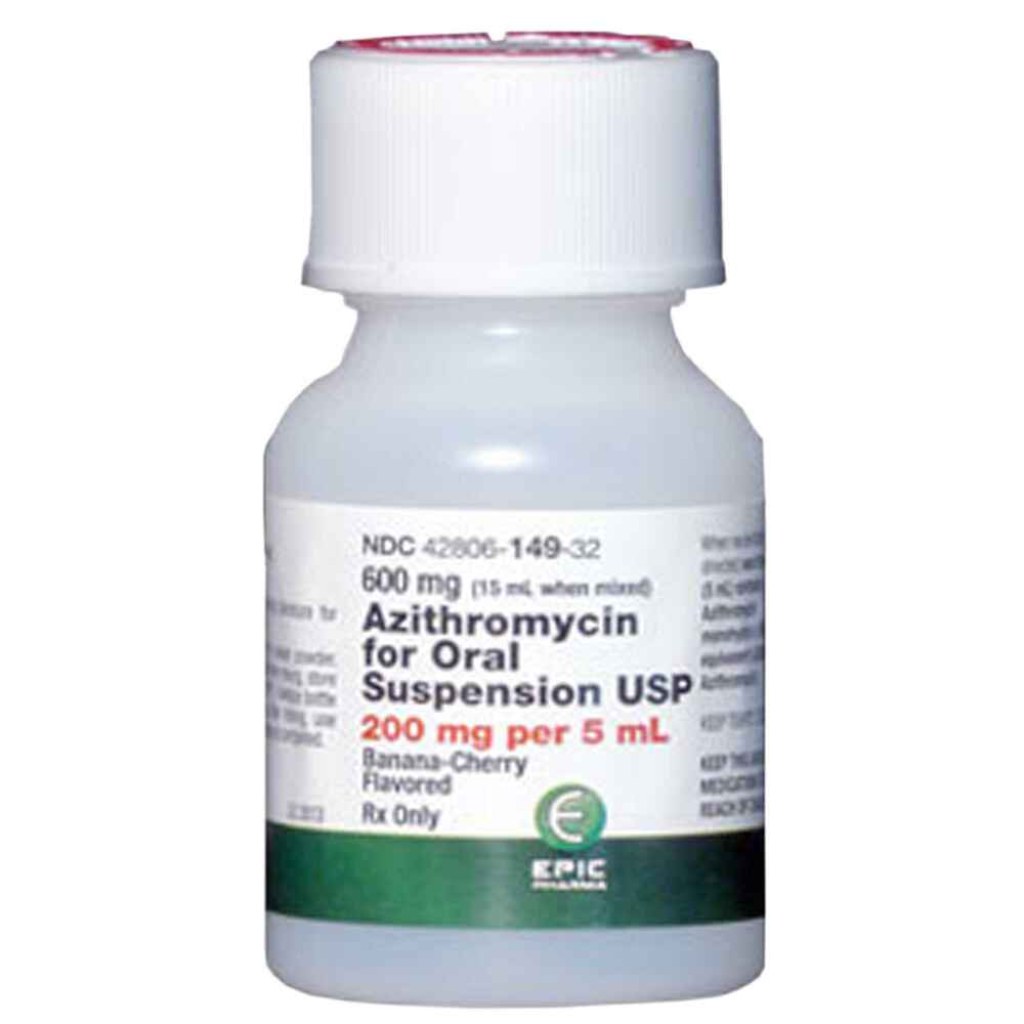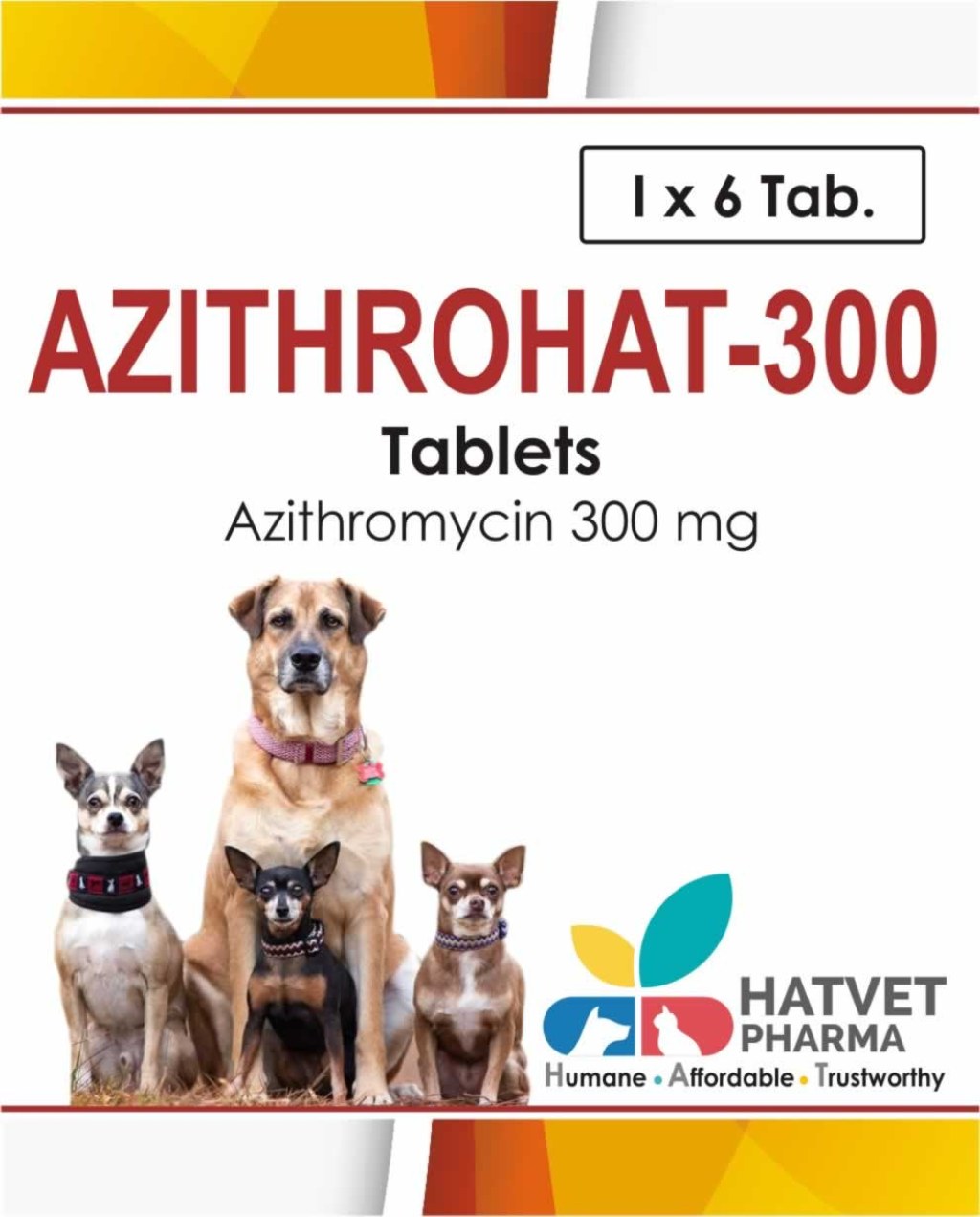Powerful And Effective: Azithromycin For Puppies – The Ultimate Solution With A Click To Action!
Azithromycin for Puppies: A Comprehensive Guide
Welcome, Puppies Lover! If you are a proud pet owner of a furry little puppy, it is essential to stay informed about their health needs. In this article, we will explore the benefits, usage, and potential side effects of a popular antibiotic called Azithromycin for puppies. As responsible dog lovers, it is crucial to understand how to keep our puppies healthy and happy. So, let’s dive into the fascinating world of Azithromycin and its role in puppy healthcare.
Table of Contents
Introduction
What is Azithromycin?
Who Should Administer Azithromycin to Puppies?
When Should Azithromycin be Used for Puppies?
Where Can Azithromycin be Obtained for Puppies?
Why is Azithromycin Beneficial for Puppies?
How to Properly Administer Azithromycin to Puppies?
Advantages of Azithromycin for Puppies
Disadvantages of Azithromycin for Puppies
Frequently Asked Questions (FAQ)
Conclusion
Final Remarks
3 Picture Gallery: Powerful And Effective: Azithromycin For Puppies – The Ultimate Solution With A Click To Action!



Introduction

Image Source: lambertvetsupply.com
When it comes to the health of our beloved puppies, we want to ensure that they are protected against various ailments and infections. Azithromycin is an antibiotic that is commonly prescribed for humans and can also be used for puppies. This medication belongs to the macrolide class of antibiotics and is effective against a wide range of bacteria. In the following paragraphs, we will delve deeper into the details of Azithromycin and its usage for puppies.
Azithromycin is a broad-spectrum antibiotic that works by inhibiting the growth of bacteria. It is commonly used to treat respiratory infections, skin infections, and certain sexually transmitted diseases in humans. The same benefits can also be observed in puppies, making it a valuable tool in veterinary medicine.
Puppies are particularly vulnerable to infections due to their developing immune systems. They can easily contract bacterial infections from other animals, their environment, or even their mothers. Azithromycin helps to combat these infections, allowing puppies to recover and grow into healthy adult dogs.
Before administering any medication to your puppy, it is crucial to consult a veterinarian. They will be able to provide you with the appropriate dosage and instructions for administering Azithromycin. Remember, the health and well-being of your puppy should always be your top priority.

Image Source: 1800petmeds.com
Now that we have a basic understanding of Azithromycin, let’s explore its various aspects in more detail.
What is Azithromycin?
Azithromycin is an antibiotic that belongs to the macrolide class. It is commonly used to treat a wide range of bacterial infections in both humans and animals. This medication works by inhibiting the growth of bacteria, thereby allowing the immune system to effectively eliminate the infection.
Azithromycin is available in different forms, including tablets, capsules, and oral suspension. The dosage and duration of treatment may vary depending on the specific condition being treated and the weight of the puppy.

Image Source: hatvet.com
It is important to note that Azithromycin should only be used under the guidance of a veterinarian. They will determine the appropriate dosage and frequency of administration. It is crucial to follow their instructions carefully to ensure the best possible outcome for your puppy.
Who Should Administer Azithromycin to Puppies?
The administration of Azithromycin to puppies should be done by a trained veterinarian. They have the knowledge and expertise to determine if this antibiotic is the appropriate treatment for your puppy’s specific condition. Veterinarians will consider factors such as the puppy’s age, weight, overall health, and the type of infection being treated.
Administering medications without veterinary guidance can be dangerous and may lead to adverse effects. It is always best to consult a professional to ensure the well-being of your puppy.
When Should Azithromycin be Used for Puppies?
Azithromycin can be used to treat various bacterial infections in puppies, including respiratory infections, skin infections, and certain sexually transmitted diseases. The decision to use Azithromycin will depend on the diagnosis made by a veterinarian.
Common indications for the use of Azithromycin in puppies include:
Respiratory infections, such as kennel cough
Skin infections, including pyoderma
Urinary tract infections
Gastrointestinal infections
Chlamydia infections
Lyme disease
It is important to remember that Azithromycin should only be used when prescribed by a veterinarian. They will determine the appropriate dosage and duration of treatment based on the specific condition being treated.
Where Can Azithromycin be Obtained for Puppies?
Azithromycin can be obtained from a veterinary clinic, pet pharmacy, or through an online retailer that specializes in pet medications. However, it is essential to ensure the authenticity and quality of the medication when purchasing online. Always choose reputable sources to guarantee the safety and effectiveness of the product.
It is strongly advised to consult a veterinarian before purchasing Azithromycin for your puppy. They will provide you with accurate information and guide you in obtaining the medication from a reliable source.
Why is Azithromycin Beneficial for Puppies?
Azithromycin offers several benefits when used for puppies. Some of the key advantages include:
Effective against a wide range of bacteria: Azithromycin is a broad-spectrum antibiotic that can combat various bacterial infections, making it a versatile treatment option.
Convenient administration: Azithromycin is available in different formulations, including tablets, capsules, and oral suspension. This allows for easy administration to puppies of different sizes and ages.
Quick response: Azithromycin is known for its rapid action against bacteria, helping puppies recover faster from infections.
Minimal side effects: When used as directed, Azithromycin has a low incidence of side effects in puppies. However, it is essential to follow the veterinarian’s instructions carefully to minimize any potential risks.
Improves overall health: By effectively treating bacterial infections, Azithromycin promotes the overall health and well-being of puppies, allowing them to grow into healthy adult dogs.
While Azithromycin offers numerous benefits, it is crucial to be aware of potential disadvantages or side effects. Let’s explore them in the next section.
Disadvantages of Azithromycin for Puppies
While Azithromycin is generally safe and well-tolerated in puppies, it is important to be aware of potential disadvantages or side effects that may occur in some cases. These include:
Gastrointestinal upset: Some puppies may experience digestive issues such as diarrhea, vomiting, or loss of appetite while taking Azithromycin. If these symptoms persist or worsen, it is crucial to consult a veterinarian.
Allergic reactions: In rare cases, puppies may develop an allergic reaction to Azithromycin, resulting in symptoms such as itching, swelling, or difficulty breathing. If any signs of an allergic reaction occur, immediate veterinary attention is necessary.
Drug interactions: Azithromycin may interact with certain medications, such as antacids, blood thinners, or other antibiotics. It is important to inform the veterinarian about any other medications or supplements your puppy is taking.
Resistance development: Overuse or misuse of antibiotics can contribute to the development of bacterial resistance. It is essential to use Azithromycin only as prescribed by a veterinarian and to complete the full course of treatment.
While the potential side effects should not discourage the use of Azithromycin, it is crucial to monitor your puppy closely during the treatment period. If any concerning symptoms occur, reach out to a veterinarian for guidance.
Frequently Asked Questions (FAQ)
Q1: Can Azithromycin be used to treat viral infections in puppies?
A1: No, Azithromycin is an antibiotic and is only effective against bacterial infections. It will not treat viral infections.
Q2: Can I give my puppy Azithromycin without a veterinarian’s prescription?
A2: No, Azithromycin should only be administered to puppies under the guidance of a veterinarian. They will determine the appropriate dosage and duration of treatment based on the specific condition.
Q3: Can Azithromycin be used for pregnant or nursing puppies?
A3: The use of Azithromycin in pregnant or nursing puppies should be evaluated by a veterinarian. They will consider the potential risks and benefits to make an informed decision.
Q4: Can Azithromycin be used for all breeds and sizes of puppies?
A4: Yes, Azithromycin can be used for puppies of all breeds and sizes. However, the dosage may vary based on the puppy’s weight and condition. Always consult a veterinarian for accurate dosing instructions.
Q5: Can I stop administering Azithromycin if my puppy’s symptoms improve?
A5: No, it is important to complete the full course of treatment as prescribed by a veterinarian, even if the puppy’s symptoms improve. Discontinuing the medication prematurely may allow the infection to reoccur or develop antibiotic resistance.
Conclusion
In conclusion, Azithromycin is a valuable antibiotic that can be used to treat bacterial infections in puppies. It offers several benefits, including broad-spectrum coverage, convenient administration, and rapid response. However, it is essential to use Azithromycin under the guidance of a veterinarian and to closely monitor your puppy for any potential side effects. By understanding the proper usage and potential risks, we can ensure the health and well-being of our beloved furry friends.
Final Remarks
Disclaimer: The information provided in this article is for educational purposes only and should not replace professional veterinary advice. Always consult a veterinarian before administering any medication to your puppy.
Remember, your puppy’s health is in your hands. By staying informed and seeking professional guidance, you can provide them with the best possible care. If you have any concerns or questions about Azithromycin or your puppy’s health, do not hesitate to reach out to a veterinarian. Here’s to the well-being and happiness of your adorable pups!
This post topic: Puppies



